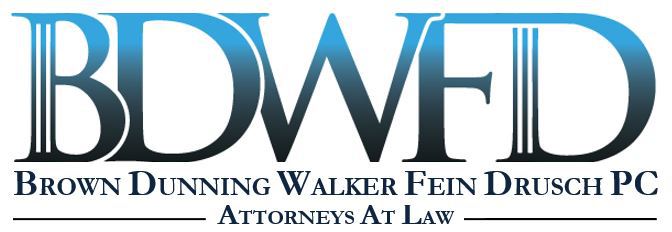What is Lender Liability?
Lender liability claims are among the most complex cases that lenders will face at some point. These claims are brought against small and large banks, private and commercial lenders, leasing companies, mortgage lenders, finance companies, and even retailers and auto dealers. Lender liability law provides strong protection for borrowers. In general, lenders are legally obligated to treat borrowers fairly or risk lender liability, meaning that borrowers can sue them.
The legal obligations of lenders are straightforward. They must not commit fraud and act in good faith to avoid getting sued. However, because of the inherently complex nature of the lending landscape, details can easily be mixed up or misinterpreted, and the circumstances of borrowers can change, which adds to the already complicated lender liability issues.
What’s more, deceitful borrowers looking to erase or compromise their loan obligations do so by claiming their lender is liable for the default when, in reality, they just failed to stick to their loan agreement and can’t repay the lender. But lenders must still defend such seemingly negligible claims. Unfortunately, even if a lender wins a lender liability claim, they still face business disruption and incur significant costs. That is why all lenders must understand how lender liability works so they can proactively protect themselves from it.
Types of Liability Lenders May Face
Among the most common liability claims filed against lenders are based on breach of contract, which can happen during the loan administration process, such as misapplying payments. Breach of contract through a wrongful foreclosure, can also occur with distressed loans.
A lender liability claim might also be based on negligent or fraudulent misrepresentation or a duty of good faith violation. For instance, when a lender verbally promises they are giving a borrower loan forbearance but then fails to deliver on that promise. Additionally, in most cases, when borrowers are facing eviction or foreclosure, they “discover” that their loan agreement is unfair and decide to sue the lender to avoid liability.
Lenders must likewise thoroughly understand and adhere to laws regarding consumer protection and unfair practices and know whether they have a fiduciary relationship with their borrowers. Lenders don’t usually have a fiduciary duty to their borrowers. However, if they insert themselves into a borrower’s daily operations or give them business advice, this may create a fiduciary relationship and expose them to liability.
Seek Legal Guidance From a Seasoned Arkansas Commercial Business Attorney Now
Facing a lender liability claim? Reach out to the Arkansas commercial business attorney at Brown Dunning Walker Fein Drusch PC to learn how we can help with your claim. Aside from defending your business against lender liability claims, we can also protect your business by helping you with regulatory compliance, creating, reviewing, and modifying loan agreements, collections, and foreclosures, among others.
We’ll help you pursue the best options to mitigate the time and financial costs of litigation. But we’ll also be ready to fight for you in a trial if needed. To arrange your case review with our Arkansas commercial business attorney, please call our office at 501-588-4460 or send us an online message.

